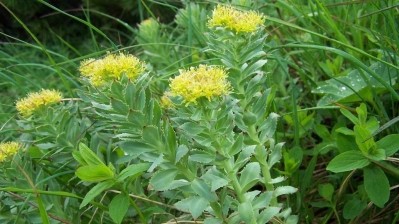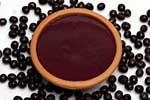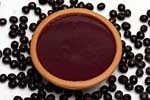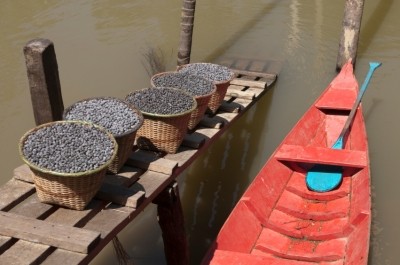Acai may counter oxidative stress and boost lifespan, in fruit flies
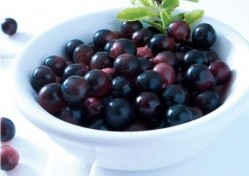
The study – published in Experimental Gerontology – aimed to assess the antioxidant properties of fruit and berry supplements and juices using commercially available products.
Led by Dr Alysia Vrailas-Mortimer of Emory University, USA, the team initially tested the effects of several antioxidant products – including vitamins, coenzyme Q10 and lutein – on the lifespan of specially bred fruit flies, that are prone to suffer from oxidative stress and so have an lower than average life expectancy.
However, the team initially found that acai worked better than several other antioxidant products, and so focused on clarifying its benefits.
Vrailas and her found that a commercially available acai berry product could triple fruit flies' life-spans – from around eight to 24 days. The team also found that acai counteracted the neurotoxic effects a herbicide on the flies.
"One thing that makes our work distinctive is that we tried commercially available supplements," she said Vrailas-Mortimer. "We went to a health food store and filled up a basket."
"I think this is important," she added. "We show that whatever is in acai that is lengthening lifespan, it can also keep the flies functioning better for longer when faced with paraquat [herbicide] exposure.”
“It is maintaining quality of life rather than just preventing them from dying."
Study details
Vrailas-Mortimer and her team took advantage of a previous discovery made by the group by using fruit flies that were prone to oxidative stress. She revealed that previous research had found flies with mutations in the ‘p38 MAP kinase’ gene had shorter lives, and were more sensitive to heat, food deprivation and oxidative stress.
P38 mutant flies lived an average of only eight days when they were given a simple sugar water diet. However, she revealed that their lifespans were tripled when their diet was supplemented with acai.
Acai also protected normal flies against oxidative stress, in the form of hydrogen peroxide or paraquat.
When flies were fed a more enriched diet of a standard cornmeal/molasses mush, the effects of supplementation with acai were more pronounced in males than in females, said the team.
Males' lifespans were almost doubled with acai (20 to 40 days) but the effects on females were not as strong (30 to 34 days).
On an enriched diet, male flies were more sensitive to paraquat than females as well.
Implications for humans
Vrailas-Mortimer noted that so far large clinical trials studying the effects of antioxidants – such as vitamin C and E – have not shown clear benefits on human health.
She said that using fruit flies under oxidative stress as a model can be a way to dissect which components of acai are beneficial.
“It seems to me that anti-oxidant therapy will not work after the damage has been done. So human clinical trials that don't take this into account are likely to have disappointing results."
